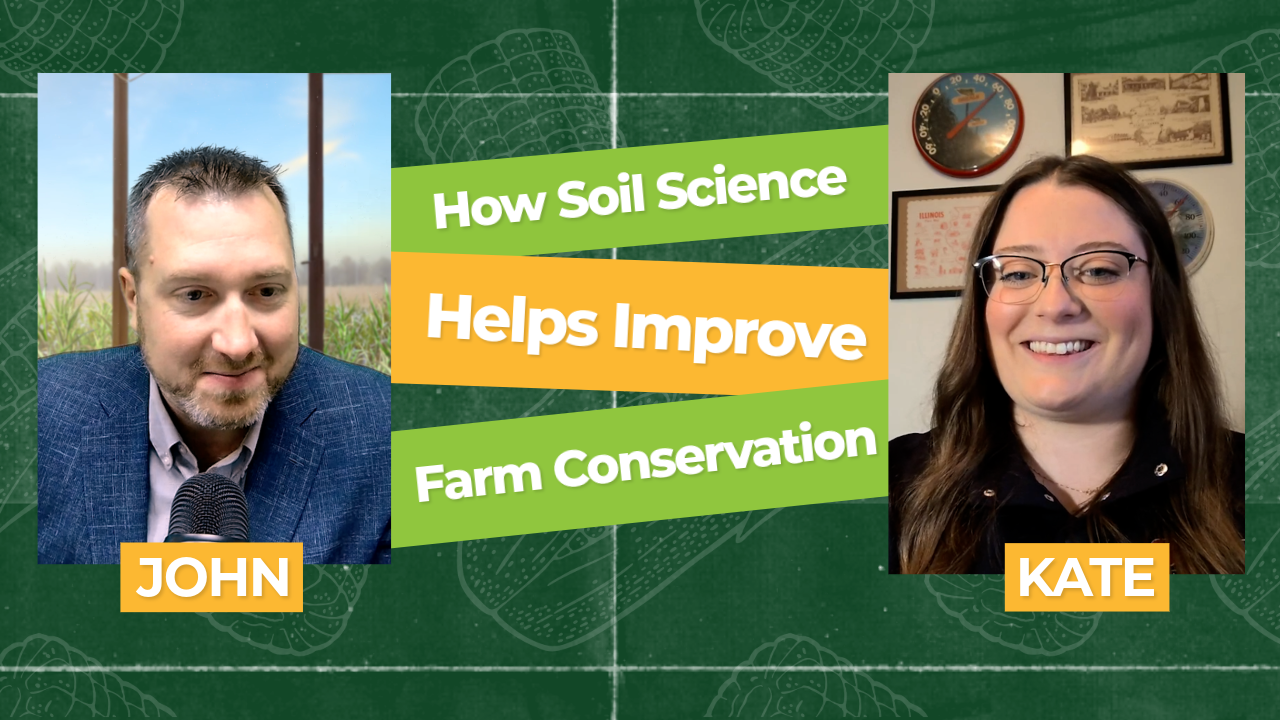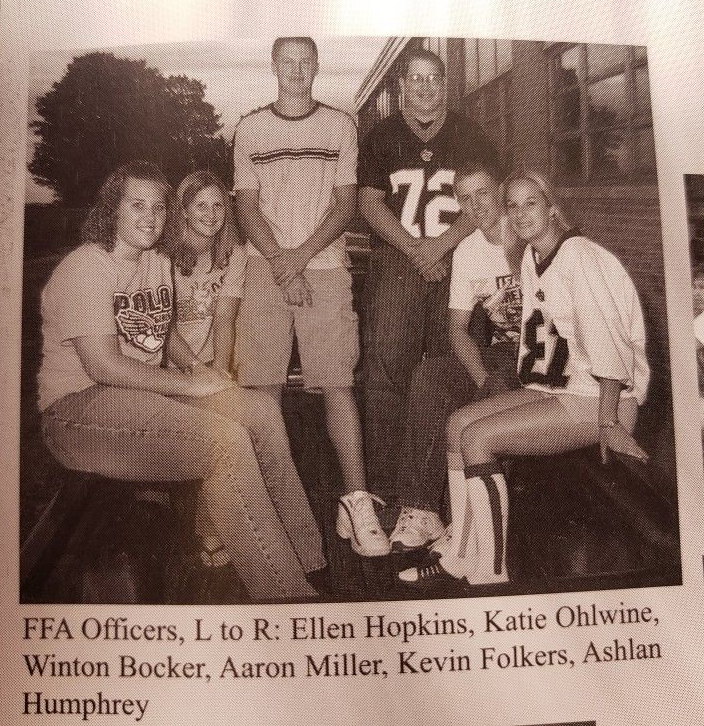Farmer Leaders Ask Trump To Intervene Before MAHA Recommendations Are Released
MAHA Proposal Risks 70% Yield Loss Without Added Safety
IL Corn Growers Association President Garrett Hawkins of Waterloo, IL, joined 18 other state corn association presidents and the National Corn Growers Association in asking President Trump to intervene before the Make America Healthy Again (MAHA) Commission releases policy recommendations next month.
The concern is that the initial assessment released by the commission in May questioned pesticide safety in America, despite repeated assessments and tests proving safety for human health. To be approved for use by the Environmental Protection Agency, pesticides have been rigorously tested and studied.
“The EPA is thorough in its review process,” says Hawkins. “I feel very confident using the available chemicals because of the testing and review. By law, the testing is even repeated at least every 15 years, or sooner if new information is available.”
Notably, the letter focuses on the impact on corn farmers around the country if MAHA’s pesticide safety concerns result in a revocation of the approval status of these needed tools.
“If such language is included in the policy recommendations, it could significantly hamper the work of America’s farmers and raise prices on consumers without providing any additional layer of safety for the American public,” the letter said. “If the pesticides in the original report were to disappear completely, crop yields could decrease by more than 70% due to pests, weeds, and disease.”
In Illinois, another concern is the potential impact on soil and water health if pesticide approvals were to be reversed. No-till and minimal till are two practices that farmers utilize to sequester carbon and minimize erosion, keeping their soil from running into local creeks and streams. However, some sort of weed control is necessary on Illinois farms; if weed-killing chemicals are not available, tillage will be mandatory.
According to Hawkins, IL Corn Growers Association farmer leaders are taking this message to the Illinois congressional delegation. The administration is expected to release the strategy document in August, and while the corn farmer leaders indicated in the letter that they are happy to have met with administration members recently, still more needs to be done.







